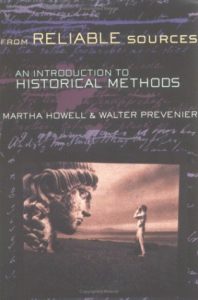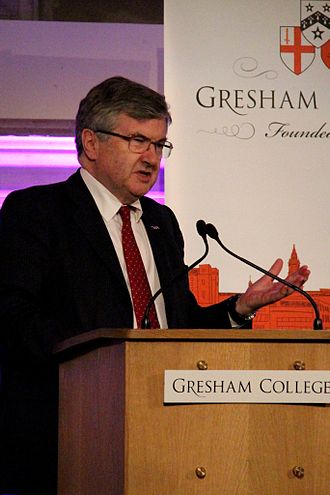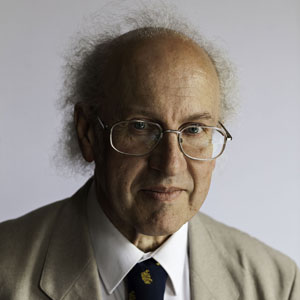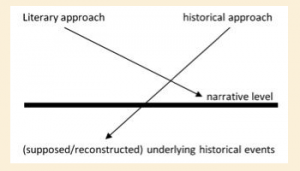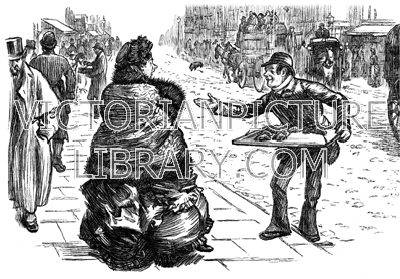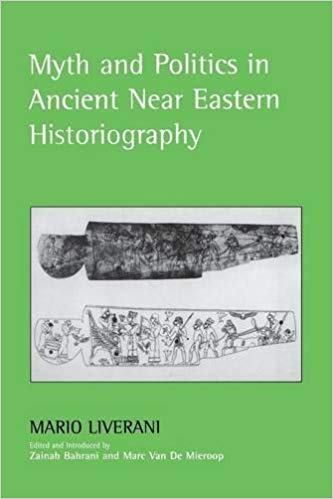Professor James McGrath of Butler University recently posted on his blog a tantalising article, The Gospel of the Gaps (and the Gaps of the Gospels). I describe it as tantalising because it seemed to promise so much but left readers without answers to the questions it raised.
The post began:
One of the things that mythicists regularly mention is the (in their view) long period between when the events that gave rise to Christianity transpired, and our earliest copies of texts that mention them.
Yes, that is true. But it is also true that the very same question is raised by many more mainstream biblical scholars. And they suggest different hypotheses to explain that “(in their view) long period between when the events that gave rise to Christianity transpired, and our earliest . . . texts that mention them.” (I don’t know of any mythicist — and I am sure McGrath knows of none — who argues a case that Jesus did not exist because we have a large gap between purported events and the earliest manuscript copies describing those events. It’s a big world and there are probably some who do argue that but I don’t think they are any more widely accepted than someone who argues for the non-existence of Priam, Agamemnon, Achilles etc on the bases that our earliest manuscripts of Homer are many centuries subsequent to their time.)
But back to the point. Mythicists like Earl Doherty and Thomas Brodie and others do indeed “regularly mention” the gap between events described in the gospels and the apparent fact that the gospels were not written until a generation or two after those events — but they do so by addressing the problem as raised by mainstream biblical scholars. McGrath has read Doherty’s book so only needs to consult its index and bibliography to refresh his memory.
But McGrath’s point is bigger. All of the above is only pointing out the tendentious nature of McGrath’s approach to the question.
The next question is most interesting and one I hoped to see answered:
They clearly have no sense of what is typical when it comes to ancient history more generally.
Now that reminds me of a time some years back when I grappled with “How do we know certain persons/events existed/happened” in ancient times? I had studied ancient history for three years as an undergraduate and knew how we knew what we did about Julius Caesar and Alexander the Great, for example. Books and lectures would usually begin by setting out and explaining the sources our studies were to rely upon. With the presentation of those sources there was no question, “Did Julius Caesar exist?” We could all see the evidence and the question never arose.
So what is different about the gospels as sources for Jesus?
When McGrath raised the question of “what is typical when it comes to ancient history more generally” I was looking forward to at least a summary to explain what that typical thing is. But it never appeared. I suspect the reader is meant to assume that all ancient sources are written long after the events they describe and, well, if we believe them, then we should believe the gospels, too.
But if that was what the reader was meant to assume then the message is a misinformed one.
So here are questions I would like someone to present to Professor McGrath to offer him a chance to encourage serious dialogue. Perhaps his responses could be copied here in the comments.
- Question 1: What ancient event (or person) do historians generally, without controversy, accept as having happened (or existed) for which our known sources are entirely very late (by a full generation of forty years or more)? By sources, I include here the sources mentioned by the later authors: thus, for example, we have, say, a very late history of Alexander the Great but the author of that source explains how he acquired his information and that it comes from such and such a biographer who lived at the time of Alexander. (The gospels have nothing comparable: Luke’s prologue is as vague and ambiguous as ancient historian prologues are specific and clear.)
- Question 2: And this is a slightly extended form of the above question. What ancient event (or person) do historians generally, without controversy, accept as having happened (or existed) for which we have no independent evidence to help verify our written sources? By independent supporting evidence, I include here not only archaeological evidence but also other writings that are independent yet testifying to the same event/person.
There are many other questions I could ask but those are the key ones. I have discussed the above points — and many other related questions — about historical methods, in particular the methods of ancient historians and about the writings of ancient historians themselves in many posts. I have also raised the above questions before, but years ago, directly with McGrath. (Just click on the tags related to this post for scores of such posts.)
Maybe add one more question here:
- Question 3: What are the different explanations biblical scholars have advanced in scholarly works for the gap of 40 to 80 years between the canonical gospels and the time setting of the events they narrate — and in what area of ancient history are there comparable gaps (bearing in mind the relevance of Q’s 1 and 2 above) for which classicists and historians of ancient times propose similar explanatory hypotheses? Or are the canonical gospels in some ways unique and not comparable to the methods normally accepted in the field of ancient history?
Now I certainly admit that some answers may be new to me and I may be forced to revise or at least modify my past conclusions. But I need clear examples to demonstrate the comparability between the generally accepted methods of historians of ancient times and those of biblical scholars. Looking forward to new knowledge and understanding.

